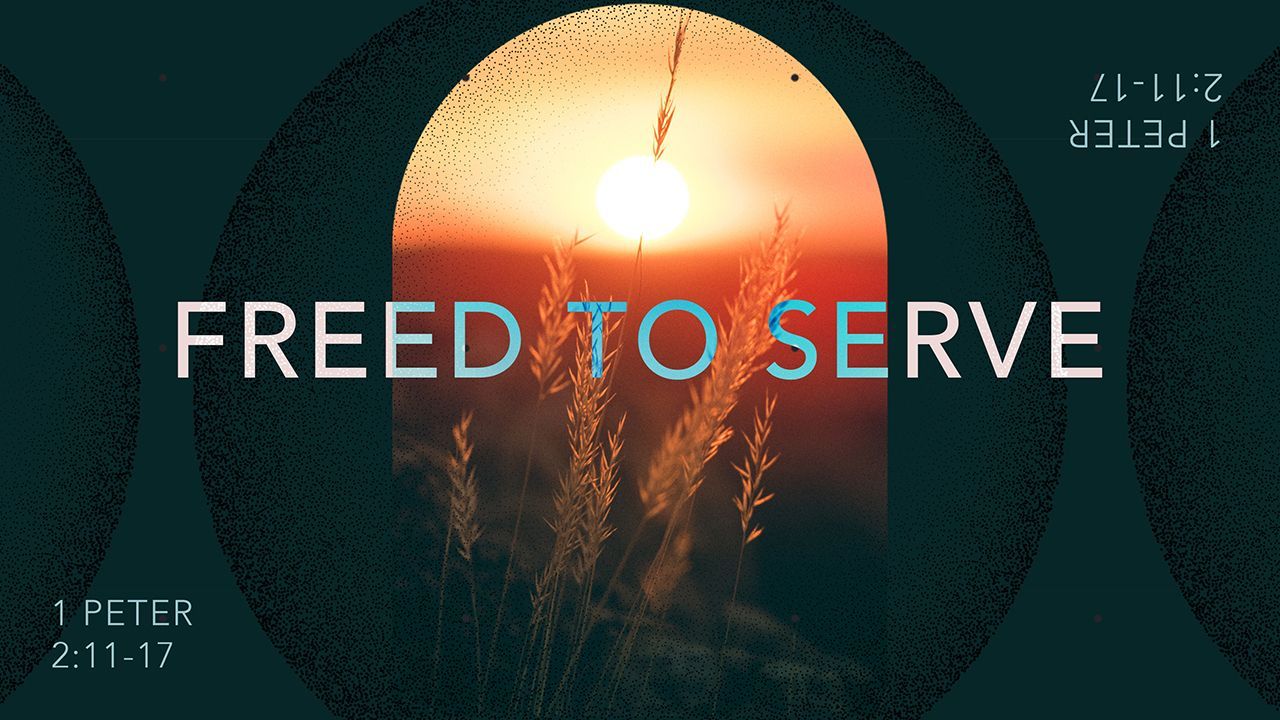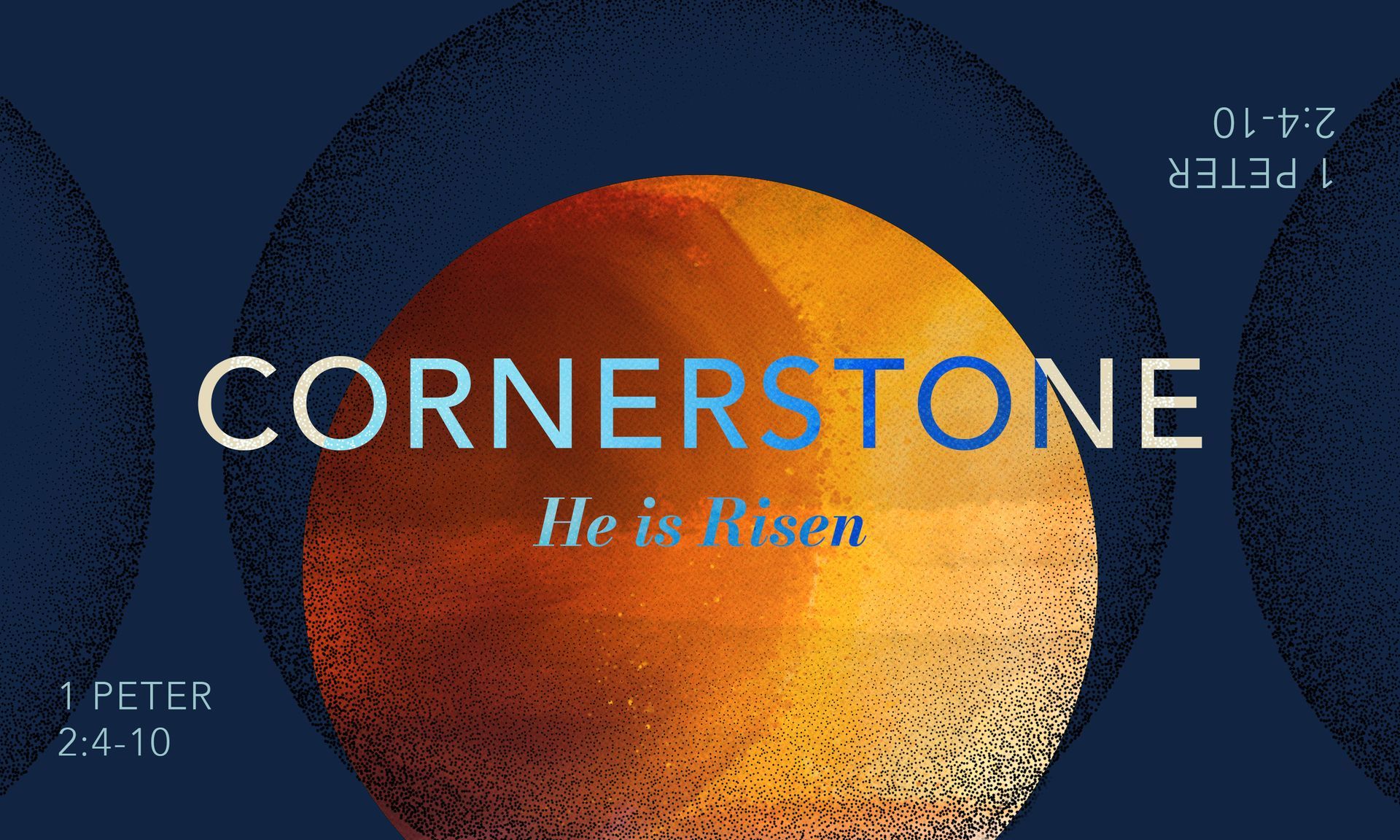A vision to see and pursue
Notes from Justin Broady's message on Zechariah 8:
From Genesis to now, God has continually given His people a vision to see and pursue.
Initially with Adam and Eve, God gave mankind a three-part vision to multiply, to care for His creation, and to go out into the world and take dominion. With the fall, came rejection of God’s design and a disobedience to the vision He cast.
Even after their disobedience, God didn’t leave Adam and Eve in their depravity – He cast another restorative vision. He even foretold a Messiah who would one day come, defeat Satan and death, and restore human dignity.
Last week (in Zechariah 7) we learned about the unfolding of depravity. This usually results in one of two ways: showing up as empty religion and self-righteousness; or a hard-hearted rebellion against God, causing people to be self-serving.
In our passage this week, God steps in with a different kind of answer to depravity: a restorative grace. In doing this, He casts a new vision for his people to see and pursue.
There are four sections that we are going to look at in this passage, how (1) grace restores (verses 3-5); how (2) grace transforms (verses 7-8); how (3) grace rejoices (verses 18-19); and how grace attracts (verses 21-23).
Grace restores.
The vision of a restored Jerusalem that God casts in verses 3-5 was vastly different from how the city was doing at the time. It seemed broken beyond repair, with God far from it.
God’s presence can restore what feels broken.
“The Lord is near the brokenhearted and saves the crushed in spirit.” - Psalm 34:18
Grace transforms.
God’s salvation promises identity transformation.
“Rethink Yourself” by Trevin Wax compares cultural vs biblical identity transformation:
(1) Cultural view: Look in (to our desires), then look around (to express ourselves and find affirmation), then look up (to add some spirituality into our lives)
(2) Biblical view: Look up (to God for truth and identity), then look in (to align our desires with His), and then look around (to express our God given uniqueness in community).
The problem with the cultural view is that since we didn’t self-create ourselves, we don’t have the power to self-define ourselves. God created us, so He also defines us.
Grace rejoices.
God exchanges empty fasts for a fullness of joy in His presence.
“What is the deepest root of your joy? What God gives to you? Or what God is to you?”
- John Piper
Grace attracts.
God’s grace in believers is attracting all nations as a light to a dark place.
An analogy Justin used is the example of a galaxy. On one side is a cluster of stars together and, on the other, is a single star. The analogy is that Christians who gather together in groups are attractive. Christians become a light in dark places. However, sometimes the single star stands out more than the cluster of stars. That single star is the Christian that is a light in the home, work place, school. They are attractive to others because they are lights in a dark world.
The body of Christ is attractive. Believers continue to gather together to bring light to a dark place. This is our purpose.
God always gives us a vision of where we are going, even though it may not always be clear.
In Revelation 7:9-10, God casts a vision for us, now:
“After this I looked, and behold, a great multitude that no one could number, from every nation, from all tribes and peoples and languages, standing before the throne and before the Lamb, clothed in white robes, with palm branches in their hands, and crying out with a loud voice, “Salvation belongs to our God and the Lamb on the throne.”
What a vision to see and pursue.





